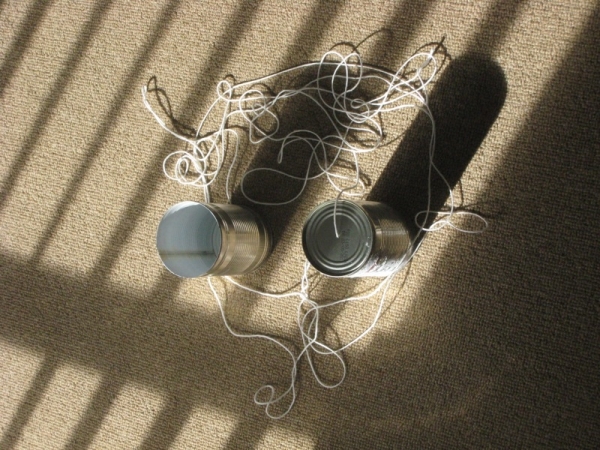MARLBORO — Dear Governor Peter Shumlin:
A friend posted a link to your press release “Gov. Shumlin announces nearly $900,000 in broadband grants to underserved Vermont communities” to my Facebook page.
And while I want to congratulate the towns that are getting some help, I want to acknowledge publicly that I have reservations and some questions. And, if I'm up front, a whole lot of frustration.
Can you address how complete this funding will be?
How do you plan to address the gaps, which arise, when the companies providing coverage offer something that isn't quite complete?
Does this round of funding come with more teeth and better guarantees than the previous ones? Because if not, you are setting these towns up for an exercise in frustration. Maybe you should tell them that now, and not let them find out the hard way. Please - save them the disappointment.
Because there are a lot of us in towns that have already officially benefited from these kinds of grants, for whom it has actually meant absolutely nothing.
* * *
I will offer, by way of one small example, my town of Marlboro.
If you were to call the state office that tracks these things and give them my home address, you would be told that I am served by no fewer than four separate companies for internet. But if you tried to actually get broadband at my address, you would find that none of these options were viable - or, in some cases, even available.
If you were then to report this to the state office that takes such complaints, you would be told that while these companies took money from the state to make Marlboro a served community, the state doesn't actually have any power to enforce how the money was used and whether the work was finished.
And if I lived rurally, actually rurally, I might have more patience with this.
But FairPoint Communications has both DSL and fiber lines running right past my house, and the company has marked my address as “served.”
If you ask at that state office whether I can get DSL, they will tell you FairPoint representatives have said it is available at my address.
Here's the thing. Technically, I could have DSL. But actually, FairPoint has a limited number of connections, and they have been used up for years.
An additional point of interest: no fewer than 40 open ports are on the hub that serves the center of my town.
I'm unclear whether those of us who can't get service through that hub are stuck in limbo because adding us would drain a system that is already oversubscribed, or if (as a customer service representative told me), they open a hub to add service only when there are 100 free spots.
If that's the case, we are out of luck. It will be years before that many people leave town without grandfathering their service to the new folks.
How can our town be classified as “served” when so much of the community, even in obvious and easy-to-serve places, cannot ultimately buy internet access?
* * *
Governor, have you addressed the loopholes in these grants for future communities, and what are you planning to do for those of us who are stuck in limbo?
Is it too late to close those loopholes for us, and make sure that all the addresses that you've been told are served are actually served?
My neighbors and I, along with (I suspect) many others in communities statewide, would love some answers.
And some internet.
In frustration, and hope, and in need of the educational and communication tools that are the internet,
Haley Elisha and family
